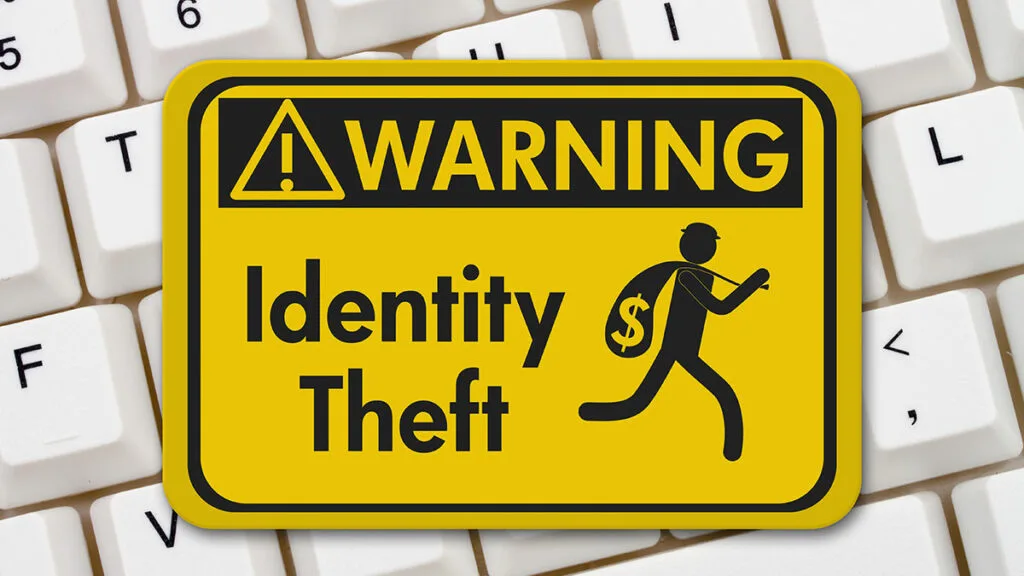Tax Professionals Beware of EFIN Scam Emails

Tax professionals play a crucial role during tax season, but with their pivotal position comes the increased risk of being targeted by scammers. The latest scam to hit the radar involves fraudulent emails impersonating various software companies to steal Electronic Filing Identification Numbers (EFINs).
The Internal Revenue Service (IRS) and Security Summit partners recently warned about this scam, highlighting the importance of vigilance among tax professionals. The scam operates by posing as legitimate tax software providers and requesting EFIN documents from the professionals under the guise of a mandatory verification process for transmitting tax returns.
This fraudulent scheme poses significant threats. If successful, scammers could gain access to sensitive client data and tax preparers’ identities, potentially leading to the filing of fraudulent tax returns for refunds. With the filing season already underway, scammers are capitalizing on the busy period to target the professionals and taxpayers alike.
IRS Commissioner Danny Werfel emphasized tax professionals’ need to bolster security measures, especially during this critical period. He underscored the importance of caution when handling emails, particularly those that may appear as official communications from software providers. A heightened level of awareness could make all the difference in thwarting such scams.
How to Identifying the Scam Email
Identifying the scam email is crucial for the professionals. Signs of the scam include requests for EFIN documents, instructions on obtaining EFIN documentation from the IRS e-Services site, and inconsistencies in the email’s wording. Some scam variations may even include a German footer in the email.
Professionals receiving such emails are strongly advised to refrain from responding or following any instructions. Instead, they should report the scam to the appropriate authorities promptly. The IRS recommends notifying the Treasury Inspector General for Tax Administration (TIGTA) and forwarding the fraudulent email to phishing@irs.gov for further investigation.
In addition to the EFIN scam, professionals should remain vigilant against other phishing schemes targeting EFINs, Preparer Tax Identification Numbers (PTINs), or e-Services credentials. These scams severely threaten tax professionals and their clients, and early detection is critical to mitigating potential damage.
The IRS is committed to combating these scams and protecting taxpayers’ interests. By staying informed, remaining vigilant, and promptly reporting any suspicious activity, tax payers can help safeguard themselves and their clients against the pervasive threat of tax-related identity theft scams.
Professionals must prioritize security measures as tax season progresses and exercise caution when handling sensitive information. By taking proactive steps to combat scams, they can uphold the tax system’s integrity and ensure a safe filing experience for all involved.
Integration of Mycase.Tax into Tax Professionals’ Security Strategy
Amidst the rising concerns of tax scams, safeguarding client data is paramount. Professionals must be vigilant against email scams and ensure the security of their tax solution products.
Choosing the right tax product is crucial as it directly impacts the protection of client data. This can be a solution that prioritizes data protection and security. With Mycase.tax professionals can trust that their client’s sensitive information is handled with the utmost care and that security measures are in place to prevent unauthorized access or data breaches.
In the battle against tax scams, they are incorporating this product into the security strategy, providing an added layer of protection and assuring tax professionals and their clients of a safe and secure tax filing experience.



